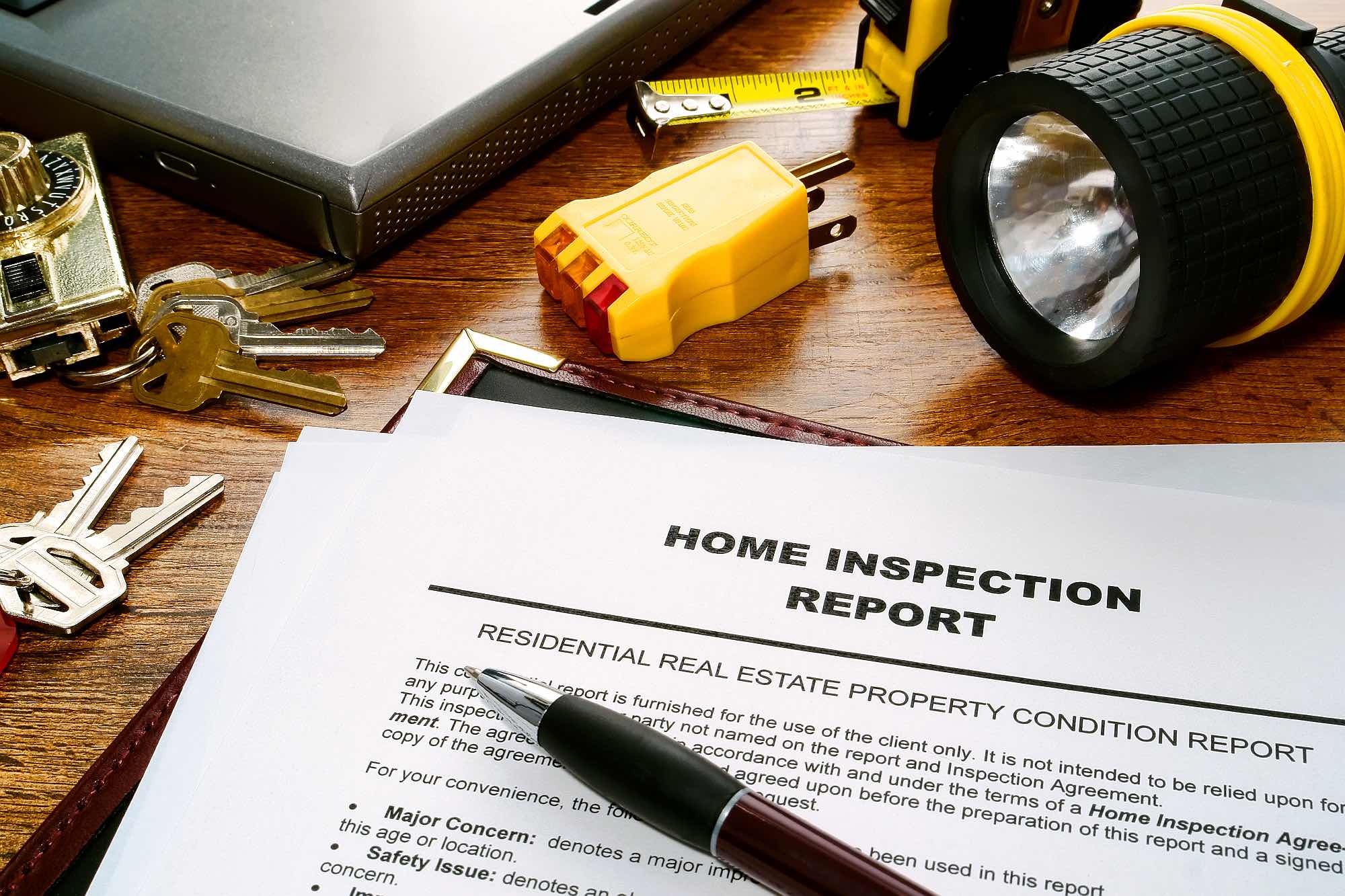A standard clause in any purchase
Pre-listing home inspection for sellers
Once you’ve decided to sell your home we highly recommend you hire a professional home inspector to do a pre-listing home inspection. Because almost all buyers request home inspections before closing any deal, we think that taking the initiative to do a pre-inspection is always a good idea. A pre-inspection removes any doubt the buyer may have about the condition of your home and what repairs might be needed in the next few years.
The process is very easy. A home inspector will use a checklist to provide you with a report of the findings of the age, condition, and gaps between current equipment and building codes.
- Plumbing and electrical
- HVAC systems
- Foundation
- Roof
- Overall integrity
- Insulation and potential moisture
- Mould and infestation issues
Before inspection day
- Ready your home the way you would for a showing before the inspector arrives
- Clear space against basement walls, so they can be inspected for damages and cracks
- Make sure both the garage and the attic are accessible
- Have your renovation and repair documents ready for review
- If you’re not currently living in the home, make sure all utilities are still connected
Contact us for a free consultation today.
Why do buyers insist on a home inspection?
A REALTOR® manages your transaction by finding the perfect home and negotiating on your behalf but also to reduce risk and provide you with protections. That’s why we always recommend a home inspection by a qualified professional in order to thoroughly check all areas of a structure. It’s one of the best ways to reduce risk in your purchase. For a nominal fee of a few hundred dollars, a home inspector will produce a home inspection report with photos and suggestions that will help you make a good decision on whether to proceed with the purchase or to keep looking. Here are some reasons why you should always have a home inspection done as a condition of sale.
- A way out of the deal. Making a purchase conditional on a sound home inspection allows you to stop the process if there are serious deficiencies in the building or land.
- Safety issues can be spotted. A home inspector will use a variety of tools and instruments to look for radon, carbon monoxide, mold, and moisture in the walls.
- Reveal poor craftsmanship or DIY. An inspector will look for tell-tale signs that an addition or installation may have been done without a permit that may be expensive to remedy later.
- As-is properties are unknowns. Without a disclosure statement from the seller, the condition and prior use of the property can be determined with a close inspection.
- Price changes from condition issues. If the seller is unaware that the roof needs replacing or the furnace is on its last season, the inspection report will show them, which is an opportunity to rewrite the offer to reflect necessary improvements.
- An inventory of future expenses. A home inspector will approximate the remaining lifespan on HVAC systems, the roof, septic, etc. This way, you’ll have a good understanding of the potential repairs in the next five years.
- Find deal breakers. A cracked foundation or a septic that doesn’t conform to code are potential deal breakers and a way out of the deal.
- A home inspector is a teacher too. Follow the inspector as he/she completes the inventory. If you let them know that you’re not “house literate”, they’ll usually give some coaching on maintenance that can be very helpful.



